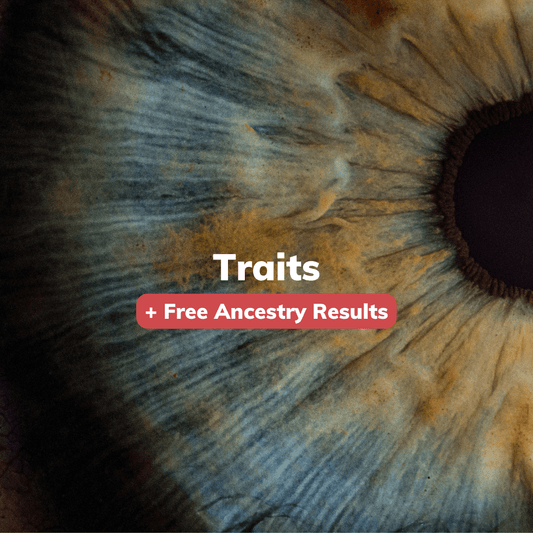
Non-verbal intelligence
Celine HaarhoffIntelligence is a complex trait influenced by many factors, including genetics. While it is impossible to predict a person's intelligence with certainty based solely on their genetic makeup, research has shown that certain genetic variants are associated with a higher likelihood of having higher non-verbal intelligence.
Non-verbal intelligence, also known as "fluid intelligence," is the ability to think abstractly, solve problems, and make decisions based on logic and reasoning without relying on words or language. This type of intelligence is important for tasks such as spatial reasoning, pattern recognition, and problem-solving and is often used as a measure of general intelligence.
People with a genetic predisposition to high non-verbal intelligence may exhibit the ability to quickly learn and adapt to new situations, excel at spatial reasoning tasks, and excel in fields that require problem-solving and logical thinking, such as mathematics, engineering, and the sciences.
However, it is important to note that having a genetic predisposition to high non-verbal intelligence does not guarantee that a person will be highly intelligent. Many other factors, such as a person's environment, education, and experiences, also shape their intelligence.
A genetic test can help identify certain genetic variants associated with a higher likelihood of having high non-verbal intelligence. These tests are typically performed using a sample of a person's DNA, which can be collected through a simple cheek swab. The DNA is then analyzed for specific genetic variants linked to non-verbal intelligence.
While a genetic test cannot accurately predict a person's intelligence, it can provide valuable information about their likelihood of having high non-verbal intelligence. This information can be useful for individuals pursuing careers or educational paths requiring solid problem-solving and abstract thinking skills.
Furthermore, understanding a person's genetic predisposition to non-verbal intelligence can also be helpful for healthcare providers, as it may provide insight into a person's potential risk for certain cognitive disorders, such as Alzheimer's disease.
While genetics play a role in a person's non-verbal intelligence, it is not the only factor. A genetic test can provide valuable information about a person's likelihood of having high non-verbal intelligence. Still, it should not be used as the sole determinant of a person's intelligence or potential.


